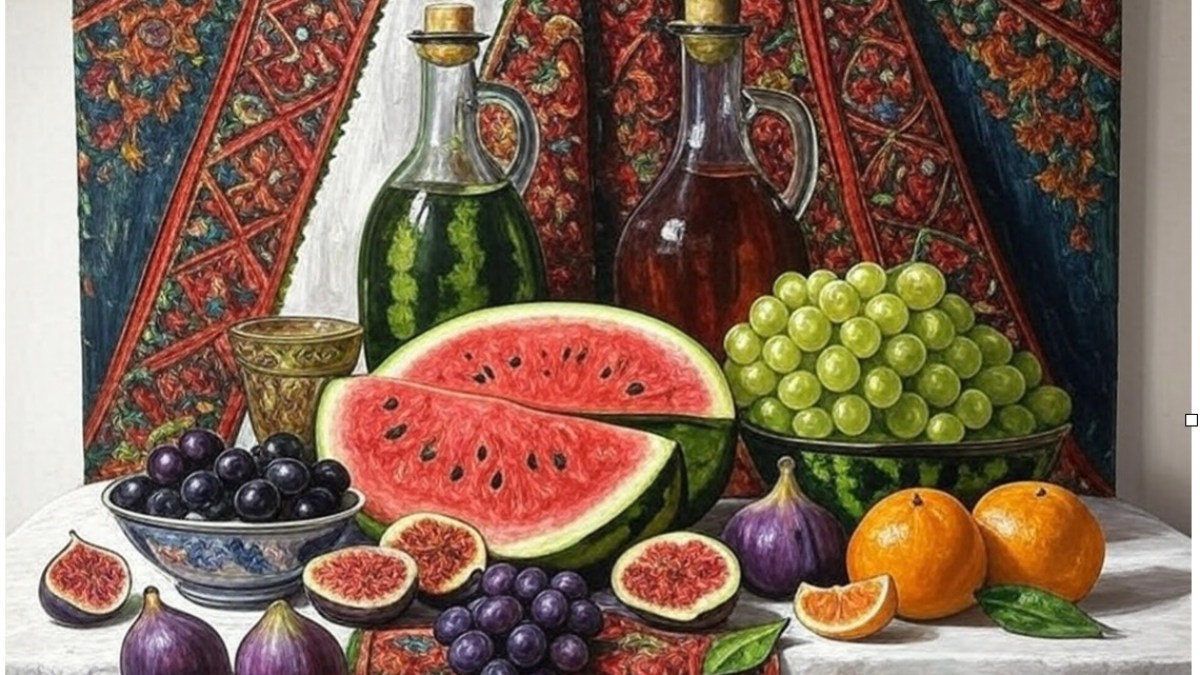It was a normal Teams meeting at the end of a busy week. Colleagues were discussing the hospital weekend plans. I was there too, nodding, half-present. My mind was elsewhere – on a message I’d sent earlier that morning to a friend in Gaza.
I glanced at my phone.
One tick.
WhatsApp users know the signs: one tick means the message was sent. Two ticks mean it was received. Two blue ticks, it was read.
For most people, it’s a minor delay. But when you’re texting a Palestinian friend in Gaza during a war, one tick carries a sense of dread.
Maybe his phone’s out of charge – normal in a place where power was cut off 20 months ago. Maybe there’s no service – Israel often cuts communication during attacks. But there’s a third possibility I don’t allow myself to think about, even though it’s the most likely outcome if you are living through a genocide.
Still one tick.
Back in the meeting. We wrap up. Plans are made and people start to think about their own weekend plans.
I glance again. Still one tick.
This is the curse of being Palestinian. Carrying the weight of your homeland, its pain, its people – while being expected to function normally, politely, professionally.
Then, I was told my Teams background was “potentially anti-Semitic. ”
It was a still-life image: figs, olives, grapes, oranges, watermelon, and a few glass bottles. A quiet nod to my culture and roots. But in today’s climate, even fruit is political. Any symbol of Palestinian identity can now be interpreted as a threat.
Suddenly, I was being questioned, accused, and possibly facing disciplinary action. For a background. For being Palestinian.
Still one tick.
I felt silenced, humiliated, and exposed. How was my love for my culture, for art, for my people being twisted into something hateful? Why is my choice of virtual background more controversial than the devastating violence unfolding in real time?
This is not isolated. Many of us – Palestinians, or anyone else who cares about Palestine – are being challenged on our humanity across organisations, all driven by external pressure.
And then it happened. Two blue ticks.
My friend was alive. He messaged: they fled their home in the early hours of the morning. He carried his children, walked for hours, left everything behind. No food, no shelter. But alive.
How could I explain to him what had happened to me that day? That while he ran for his life, I was threatened with disciplinary action about a painting of fruit? That I was accused of racism for an image, while he was witnessing the destruction of entire families?
This is what it means to be Palestinian today. To constantly navigate a world that erases your humanity, silences your voice, distorts your identity. To be told your pain is political. Your joy is provocation. Your symbols are offensive.
I’ve worked in the NHS for 25 years. It’s more than a job – it’s part of who I am. And now, along with two colleagues, I’m taking legal action. Not for ourselves, but to protect the NHS from external political lobbying. To say, firmly and clearly, that our National Health Service should belong to its patients and its staff – not to those who seek to silence, intimidate or twist it into serving a toxic agenda.
What happened to me is not just unjust – it is unlawful. Speaking up against genocide is not only my moral responsibility as a human being, but also my right as a British citizen in a democratic society.
I don’t write this to compare my experience with my friend’s suffering. I write it to expose the absurdity, the cruelty, of how Palestinians are treated across the world. Whether under bombs or under suspicion, we are made to justify our existence.
It shouldn’t be this way.
Being Palestinian is not a crime. But too often, it feels like the world treats it as one.
The author is currently pursuing legal action, alongside two NHS colleagues, challenging, among other things, allegations of antisemitism.
Source: Aljazeera

Leave a Reply